
Pursuing MBBS (Bachelor of Medicine and Bachelor of Surgery) in India is a dream of many aspiring doctors due to the country's rich clinical history, a large affected population, and globally recognized scientific education.
With over 500 clinical schools supplying MBBS applications, India is one of the biggest hubs for international scientific training. This weblog offers an in-depth evaluation of the MBBS in India journey—from understanding the curriculum to navigating admissions, fees, scholarships, and career prospects.
The Bachelor of Medicine, Bachelor of Surgery (MBBS in India) is an undergraduate program that allows students to become medical professionals in the field of medicine.
India provides a reputable and competitive route to becoming a medical doctor via the MBBS (Bachelor of Medicine and Bachelor of Surgery) program. Upon finishing the MBBS in India, graduates can find positions in either government or private hospitals.
Admission to MBBS programs predominantly relies on NEET (National Eligibility Cum Entrance Test), which is a crucial entrance examination for all medical institutions, including government, private, and affiliated universities.
In India, there are over 700 medical colleges, offering more than 1 lakh MBBS seats. The fee structure differs significantly – government colleges offer inexpensive education, whereas private universities may charge significantly higher fees.
| Particulars | Details |
|---|---|
| Duration | 5.5 years total (4.5 years academic + 1 year compulsory internship) |
| Degree Awarded | Bachelor of Medicine, Bachelor of Surgery (MBBS) |
| Admission Process | Through NEET-UG (National Eligibility cum Entrance Test) — a centralized national exam for all medical colleges (government and private) |
| Eligibility | 10+2 with Physics, Chemistry, Biology, and English Minimum 50% marks (40% for reserved categories) |
| Curriculum | Includes pre-clinical, para-clinical, and clinical subjects Subjects: Anatomy, Physiology, Pathology, Pharmacology, Microbiology, Medicine, etc. |
| Regulatory Body | National Medical Commission (NMC) |
| Career Path After MBBS | Postgraduate studies (MD/MS) via NEET-PG Employment as a doctor in hospitals, clinics, or government health services |
| Fees | Government colleges: ₹20,000–₹1,00,000/year Private colleges: ₹5–25 lakhs/year (varies significantly) |
Bachelor of Medicine is the complete title for MBBS in medicine. A 5.5-year undergraduate medical degree program known as the Bachelor of Surgery instructs students on how to diagnose ailments, recognize treatments and medications, and perform procedures.
While the MBBS program in India serves as the main undergraduate degree in medicine, numerous colleges additionally provide related and postgraduate programs:
Ready to build a successful medical career in Uttar Pradesh? This is the perfect place to turn your dreams into reality.
📞 +91- 18002026799
📧 info@admissionuniverse.in
📍 821, 8th Floor, Wave Silver Tower, Sec-18 Noida, UP-201301
MBBS stands for Bachelor of Medicine, Bachelor of Surgery. It is a 5.5-year full-time undergraduate degree aimed at preparing students to diagnose, treat, and manage patients effectively. The course is intensive, combining theoretical and practical components, and is not offered in diploma or correspondence formats due to its rigorous nature.
The program consists of nine semesters and is divided into three primary phases — Pre-Clinical, Para-Clinical, and Clinical — with integrated teaching methods involving lectures, labs, and hospital-based training.
On completing the academic phase, students must undergo a one-year Compulsory Rotating Medical Internship (CRMI) to gain hands-on experience in various departments. Only after successful internship completion is the MBBS degree awarded, as per NMC guidelines.
| Phase | Year | Subjects |
|---|---|---|
| Pre-Clinical | 1st Year | Anatomy, Physiology, Biochemistry |
| Para-Clinical | 2nd Year | Pathology, Microbiology, Pharmacology, Forensic Medicine |
| Clinical | 3rd to 4.5 Years | Medicine, Surgery, Pediatrics, OBG, Orthopedics, ENT, Ophthalmology, Psychiatry, Community Medicine |
The one-year internship offers practical training in:
Interns work under supervision and gain clinical experience in handling patients, performing minor procedures, and managing emergency cases.
The program includes continuous evaluation through university exams, practical assessments, and clinical postings. Graduates are well-prepared for postgraduate studies (MD/MS) or entering professional practice in various healthcare settings.
MBBS in India offers financial flexibility. While government colleges are economical, private and deemed universities are significantly more expensive.
| College Type | Annual Fees (INR) |
|---|---|
| Government College | ₹10,000 – ₹1,00,000 |
| Private College | ₹7,00,000 – ₹25,00,000 |
| Deemed Universities | ₹10,00,000 – ₹30,00,000 |
To support meritorious and underprivileged students, various scholarships are offered by central and state governments, institutions like AIIMS, and private organizations.
While campus placements are not typical after MBBS, graduates have a wide array of career opportunities to explore:
An MBBS in India provides world-class infrastructure for the students. Colleges providing MBBS in India are furnished with strong academic and clinical facilities to guarantee comprehensive medical education.
| S. No | College Name |
|---|---|
| 1 | All India Institute of Medical Sciences (AIIMS) |
| 2 | Jawaharlal Institute of Postgraduate Medical Education and Research (JIPMER) |
| 3 | Vardhman Mahavir Medical College & Safdarjung Hospital (VMMC) |
| 4 | Maulana Azad Medical College (MAMC) |
| 5 | Madras Medical College (MMC) |
| 6 | University College of Medical Sciences (UCMS) |
| 7 | Grant Medical College |
| 8 | Seth GS Medical College |
| S. No | College Name |
|---|---|
| 1 | Subharti Medical College |
| 2 | Amrita Vishwa Vidyapeetham |
| 3 | Kasturba Medical College (KMC) Manipal |
| 4 | St. John’s Medical College |
| 5 | Dr. D.Y. Patil Medical College |
| 6 | Saveetha Institute of Medical and Technical Sciences |
| 7 | JSS Medical College |
| 8 | Kasturba Medical College (KMC) Mangalore |
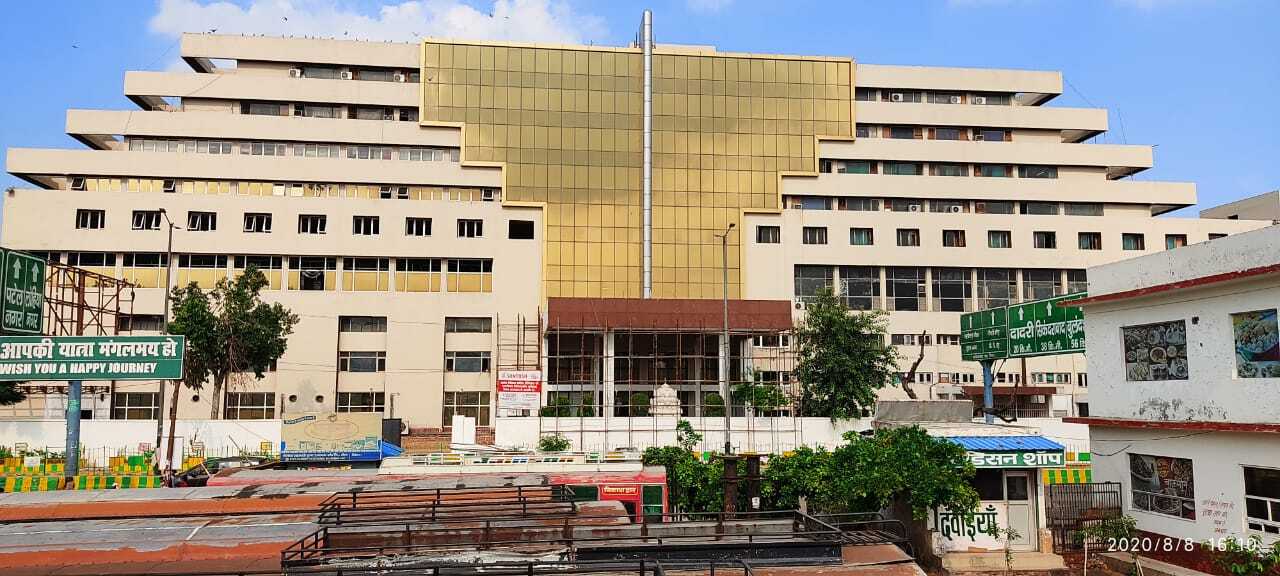
Established: 1995
Affiliation: Santosh University
Annual Intake: 150 MBBS students
Annual Fees: ₹10–12 lakhs
Highlights: 800+ bed hospital, NAAC-accredited, strong clinical training, and research focus.
Established: 1996
Affiliation: Swami Vivekanand Subharti University
Annual Intake: 150 MBBS students
Annual Fees: ₹10–12 lakhs
Highlights: Offers both undergraduate and postgraduate courses, with a focus on holistic medical education.

Established: 1997
Affiliation: Era University
Annual Intake: 150 MBBS students
Annual Fees: ₹74.7 lakhs
Highlights: Recognized among the top 4.3% medical colleges in India for advanced medical research.
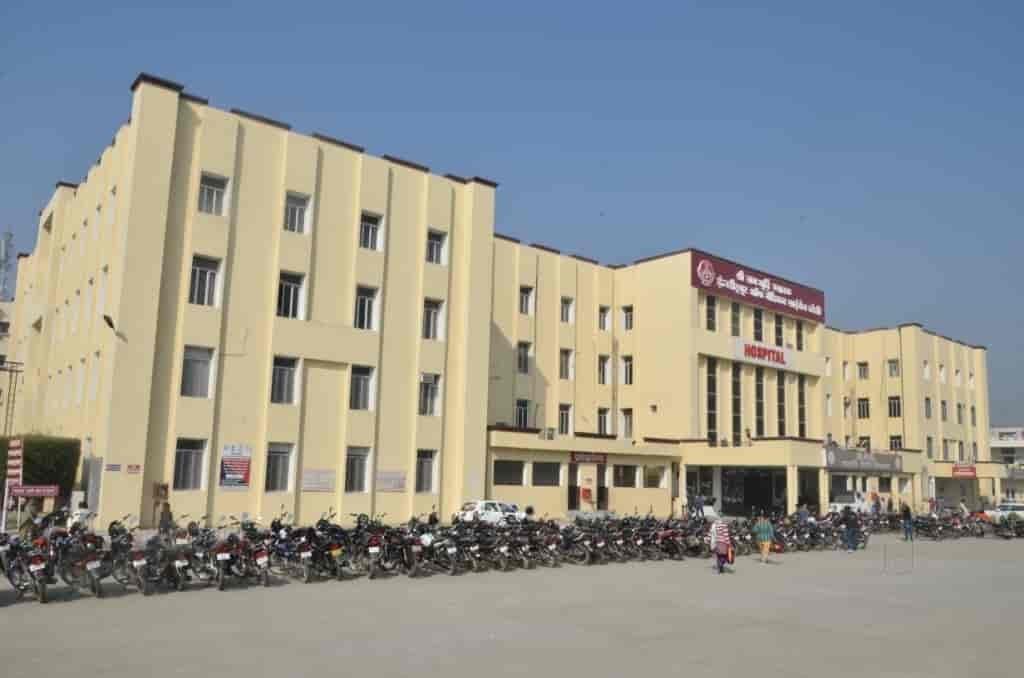
Established: 2006
Affiliation: Shri Ram Murti Smarak Institute of Medical Sciences
Annual Intake: 150 MBBS students
Annual Fees: ₹10–12 lakhs
Highlights: Known for its state-of-the-art infrastructure and quality medical education.
Established: 2008
Affiliation: Teerthanker Mahaveer University
Annual Intake: 150 MBBS students
Annual Fees: ₹10–12 lakhs
Highlights: Offers a range of medical courses with modern infrastructure and facilities.

Established: 2003
Affiliation: Maharishi Markandeshwar University
Annual Fees: ₹17,00,000 (with a 10% annual increase)
Annual Intake: 200 MBBS seats
Highlights: One of the oldest private medical colleges in Haryana, known for its robust clinical exposure and research facilities.
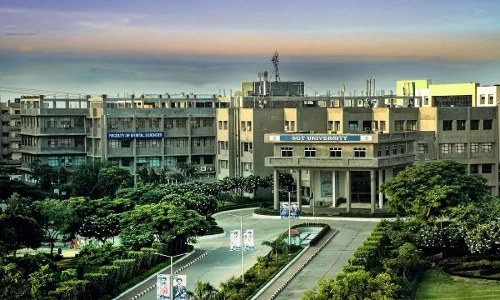
Established: 2010
Affiliation: SGT University
Annual Fees: ₹18,00,000 (no annual increase)
Annual Intake: 150 MBBS seats
Highlights: Located in Gurugram, this college offers modern infrastructure and a wide range of medical courses.
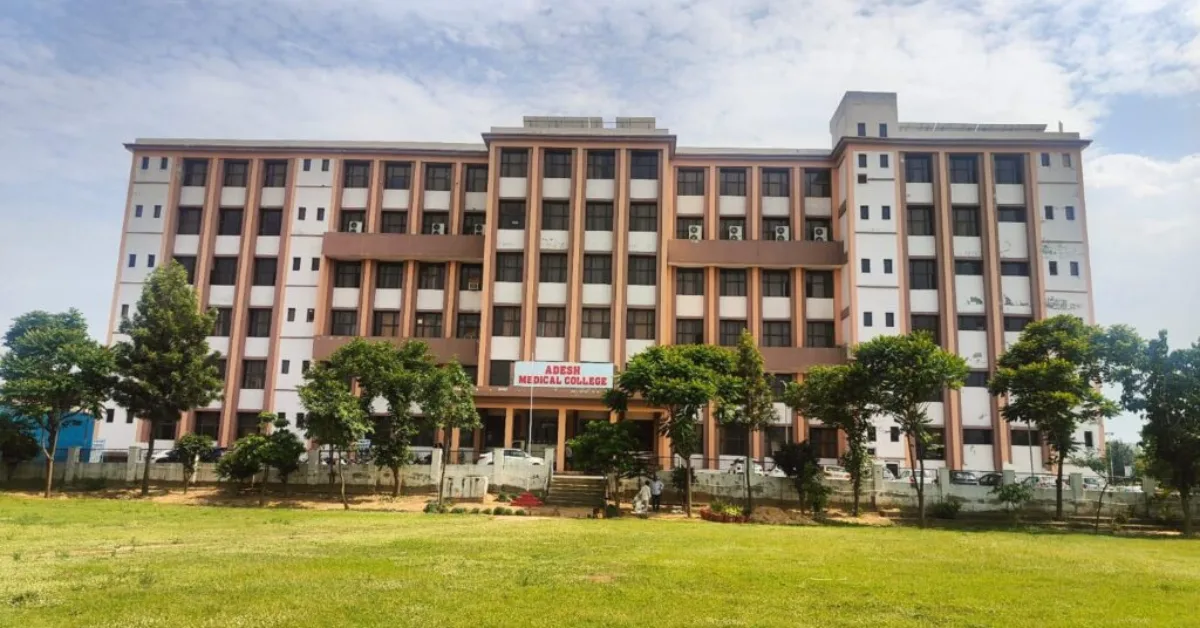
Established: 2017
Affiliation: Pt. B.D. Sharma University of Health Sciences, Rohtak
Annual Fees: ₹12,00,000 (with a 7.5% annual increase)
Annual Intake: 150 MBBS seats
Highlights: Offers a comprehensive medical curriculum with modern facilities and experienced faculty.
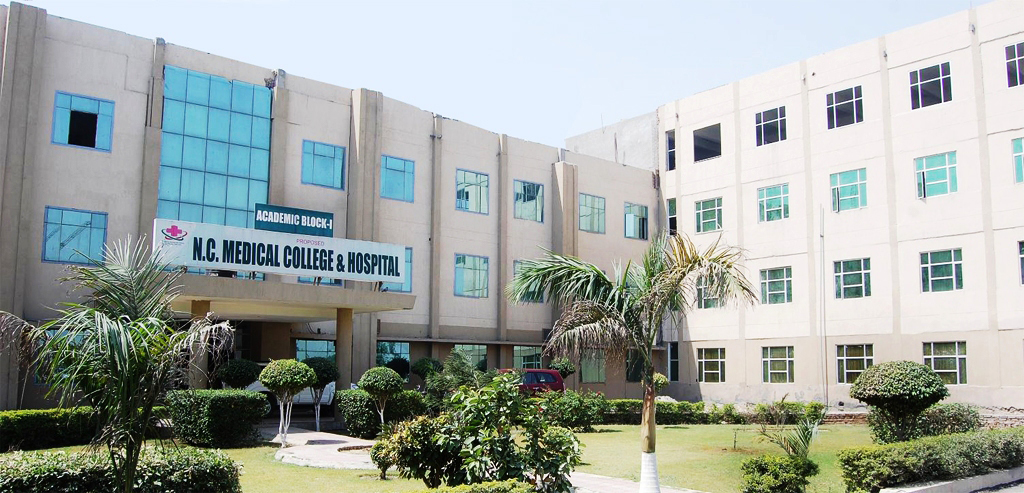
Established: 2016
Affiliation: Pt. B.D. Sharma University of Health Sciences, Rohtak
Annual Fees: ₹12,00,000 (with a 7.5% annual increase)
Annual Intake: 150 MBBS seats
Highlights: Known for its clinical training and community health programs.
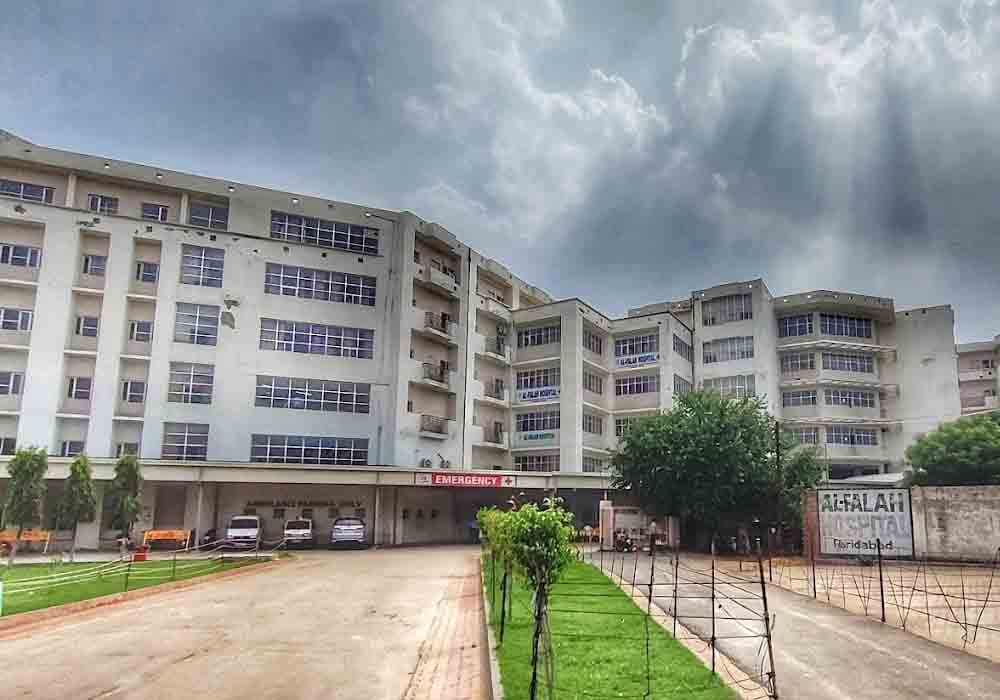
Established: 2019
Affiliation: Al-Falah University
Annual Fees: ₹14,25,000 (no annual increase)
Annual Intake: 150 MBBS seats
Highlights: A minority institution offering quality medical education with modern facilities.
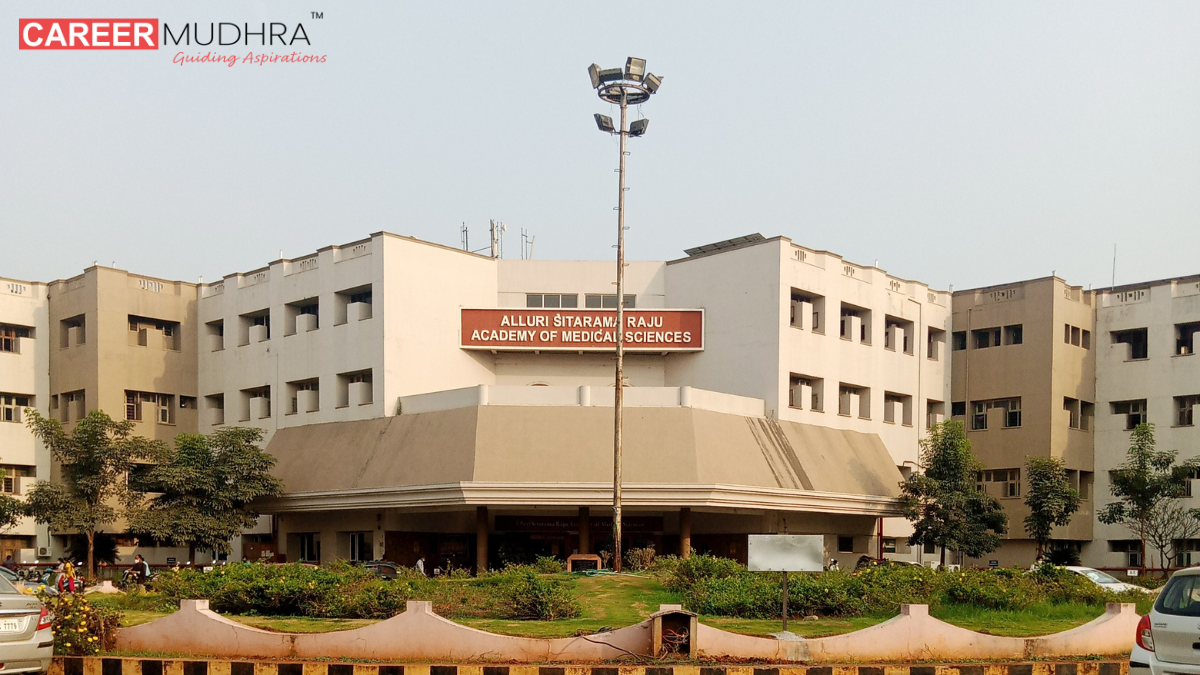
Established: 2000
Affiliation: Dr. NTR University of Health Sciences
Highlights: Focus on community health and research initiatives
Campus Features: Comprehensive facilities including modern labs and libraries

Established: 2000
Affiliation: Dr. NTR University of Health Sciences
Highlights: Focus on community health and research initiatives
Campus Features: Comprehensive facilities including modern labs and libraries
Pursuing an MBBS degree in India is a choice that establishes the groundwork for a lifelong career in the field of medicine. With a deep educational legacy, cost-effective options, and ample clinical experience, MBBS in India continues to be one of the top selections for those who wish to become doctors.
Whether your goal is to work in rural healthcare facilities, contribute to cutting-edge medical research, or hold positions in premier hospitals and international health organizations, the MBBS journey in India equips you for every avenue.
We, the team of Admission Universe, help guide you through each and every step of your medical journey.